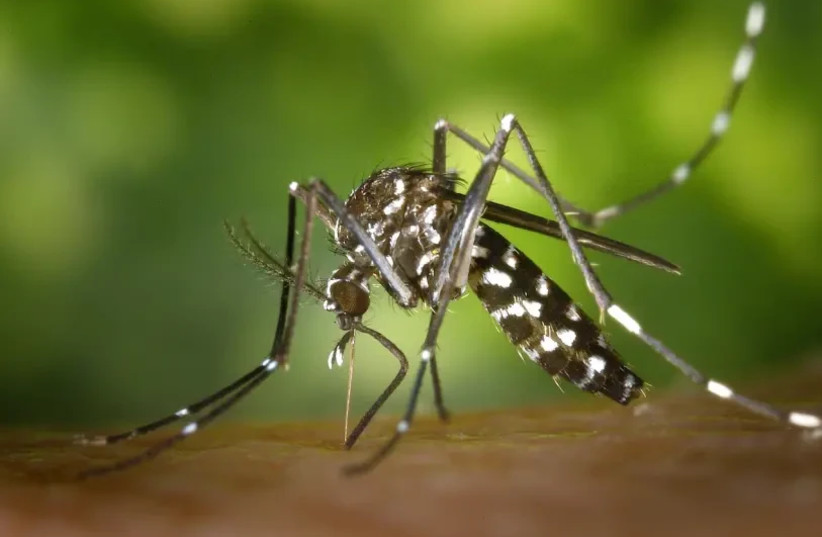Mosquito bites frequently cause discomfort after inflicted. These itchy bumps are formed after a mosquito punctures the skin with its mouth and feeds on the blood of the "host," often creating swelling at the point of puncture. Though there are remedies to avoid attracting this insect, they aren't always a fail-safe. So to protect you from these annoying pests, here is everything you need to know about mosquito bites.
Mosquito bites are the result of a female mosquito's need to feed on blood in order to produce eggs. As far as she's concerned, both humans and animals are fair game. According to the US Center for Disease Control (CDC), the reaction to mosquito bites comes as a result of the biting mosquito's saliva. While some have very mild reactions, people of all ages and ethnicities can have a range of mild to severe reactions.
Some strong side effects include but are not limited to a large area of swelling, soreness, and redness around the area of the bite.
Mosquito bites often include similar symptoms, regardless of how intense a reaction may be. These symptoms include (but are not limited to) puffy, reddish bumps appearing just minutes after the bite, hard, itchy, reddish-brown bumps, or multiple bumps appearing within a day of being bitten.
Others may include small blisters instead of a hard bump and even bruise-like dark spots.
Though most severe reactions tend to happen in children, adults who have been bitten by a species they haven't been exposed to yet, or adults with autoimmune diseases may also feel the impact of their bites.

In more extreme cases, reactions can include hives, swollen lymph nodes, and a low-grade fever in addition to an extended area of swollen redness.
What is the best way to treat a mosquito bite, and how can we avoid them?
There are many remedies, both home and pharmacy-based, that can prevent mosquito bites and some that can be used for treatment afterward. Over-the-counter anti-itch or antihistamine cream can help relieve itching, as well as ice packs and soap and water to wash the wound.
The CDC also recommends a light mixture of baking soda and water to create a paste to place on the wound. This should remain for 10 minutes before washing off.
Bug sprays are available at nearly any convenience store or pharmacy, so consult your best options and decide what will be the best fit for you.
The best thing you can do in case of a mosquito bite is to not itch it, as that can lead to infection.
Are there risks that mosquitos pose?
There are many mosquito-borne diseases to be aware of. West Nile, dengue fever, and malaria are mosquito-borne diseases that can be very serious, especially if not treated.
Additionally, if a mosquito has bitten an animal with a virus or infection, it can carry that disease and spread to those they bite.
Though not everyone who is bitten has an intense reaction, consult with a doctor if you feel concerned about your reaction. These tiny insects may be small, but they are capable of causing some major problems if not approached with care.
